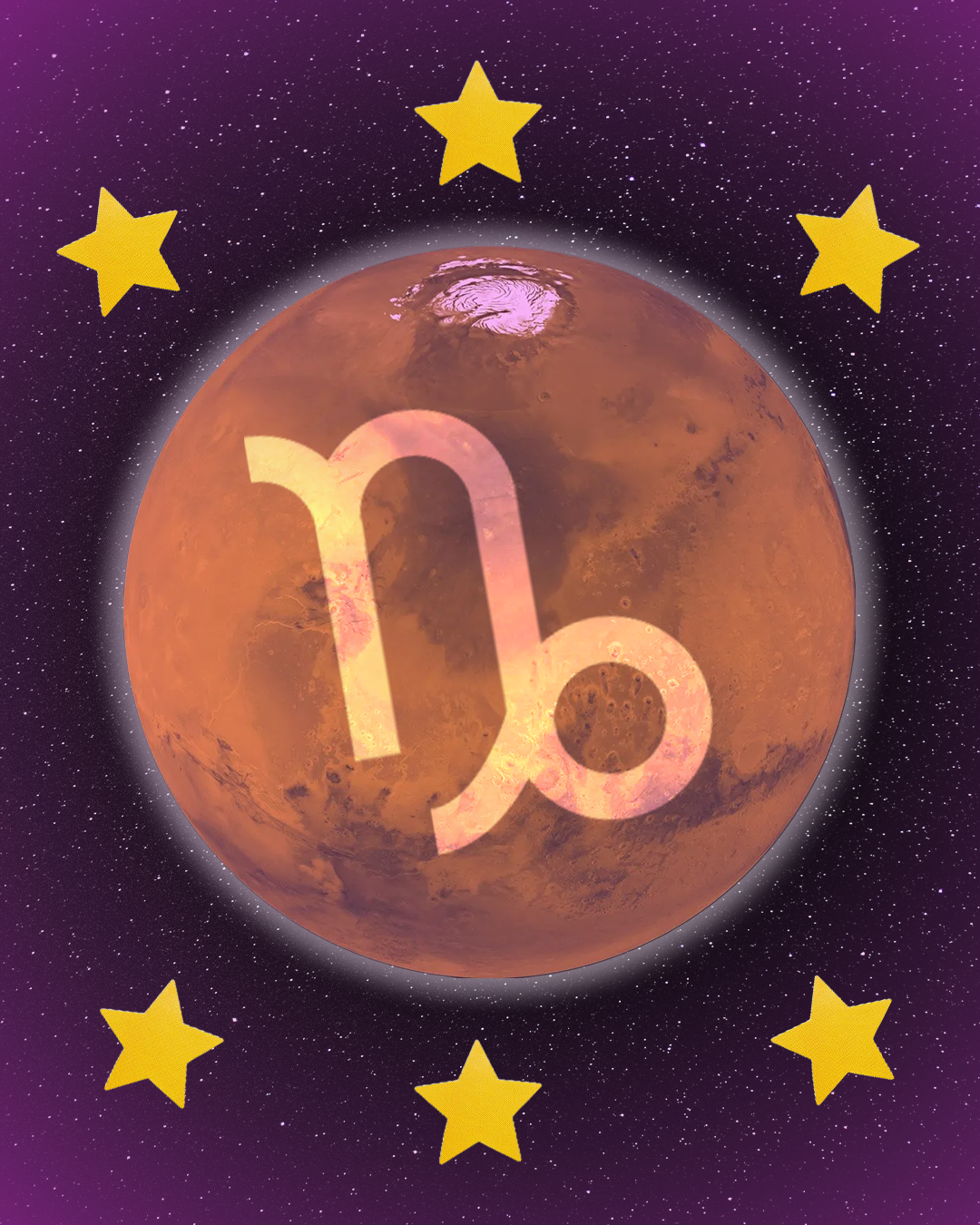
Kering will enter the business of beauty Insiders say the luxury conglomerate is ready to enter the industry by running the business itself
The rumors that Kering will be the next luxury player to enter the beauty sector, managing its business directly, are multiplying. Paving the way for this new business venture would be the success achieved by the eyewear division, which was launched in 2015 and has already achieved sales of 576 million euros in the first half of 2022. The first indirect confirmation came in the summer from Jean-François Palus, the group's CEO, who, during a conference call with financial analysts, said:
"Regarding beauty, it is a natural extension of our brands’ territory, and you know that currently, we operate under a license model. But our success with Kering eyewear demonstrates that we can create a lot of value for the brands, on the one side, and as a consequence, for the group, by taking some disruptive and innovative approaches. So beauty is definitely an area where we could contemplate some initiatives in the future, and all options are open."
Dior, Chanel, and Givenchy have consolidated their brands by focusing on fashion, beauty, leather goods, and jewelry simultaneously and continue to thrive, instilling in Kering a desire to do the same in the near future, although, due to previous agreements, the timeframe may not be very short.
Kering has attempted to enter the industry before. One has to go back to Gucci in the 1980s when the group was called PPR and owned a beauty subsidiary, YSL Beauté, which included perfume and beauty brands and licenses, such as Yves Saint Laurent, Stella McCartney, Boucheron, and Ermenegildo Zegna. Before it was sold to L'Oréal in 2008 for 1.15 billion euros, the business had come to generate sales of 649 million euros, which placed it 29th globally on the WWD Beauty Top 100 list in 2007. The figure was small compared to that achieved by rival LVMH Moët Hennessy Louis Vuitton, but it hinted at potential that, if well exploited, could and may boost image and customer recruitment for the French conglomerate.
Insiders say that Kering in past years was interested in acquiring both The Estée Lauder Cos. Inc. and Byredo, which was then taken over by Puig in May 2022, but if it were to really opt for the do-it-yourself model, buying back franchisees and licensed businesses from which brand would it start? The most popular answer is Gucci. Currently, since it was acquired by Procter & Gamble in 2016, Gucci Beauty has as its licensee Coty, which manages licenses for perfumes and beauty products for other brands such as Alexander McQueen, Bottega Veneta, and Balenciaga. According to well-informed people, the agreement between the two partners still has many years of validity. Moreover, it is said that before Sue Nabi became CEO, management was not happy with Coty, guilty of failing to fully capitalize Gucci in the fragrance and beauty segment. Kering, therefore, could choose to buy back the rights from Coty before the license expires or there could be a service agreement. If Kering decides not to produce the products in-house from the beginning, for example, it could internalize only marketing and communication at the beginning and keep production with Coty. Will this be the strategy Kering will adopt to enter the beauty business?
























































